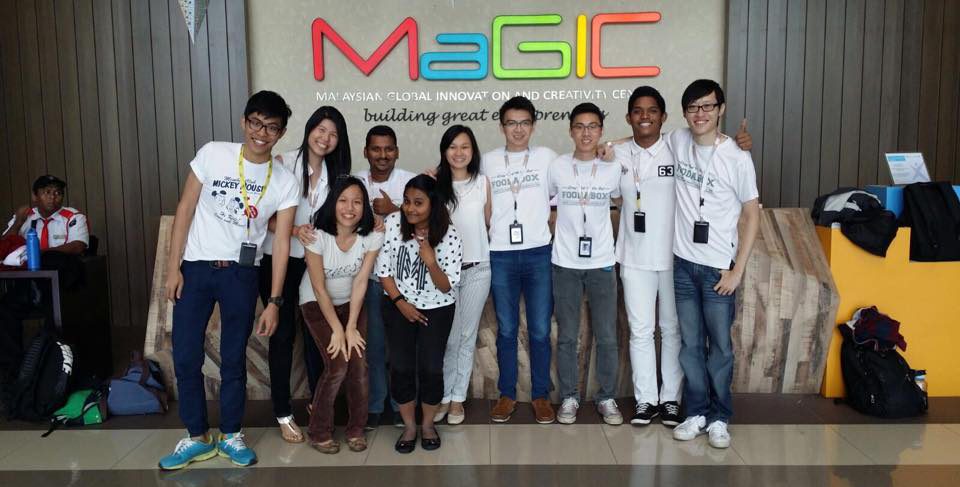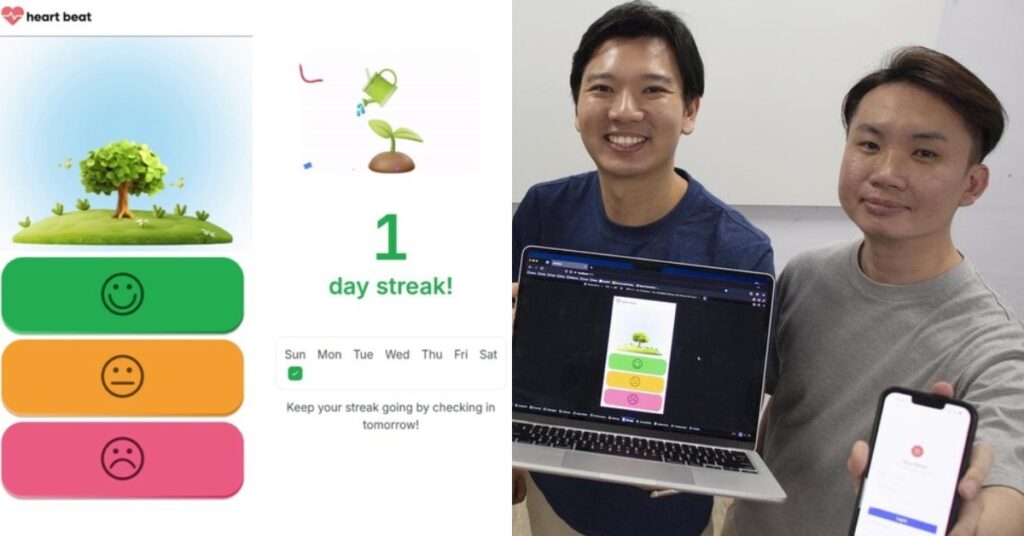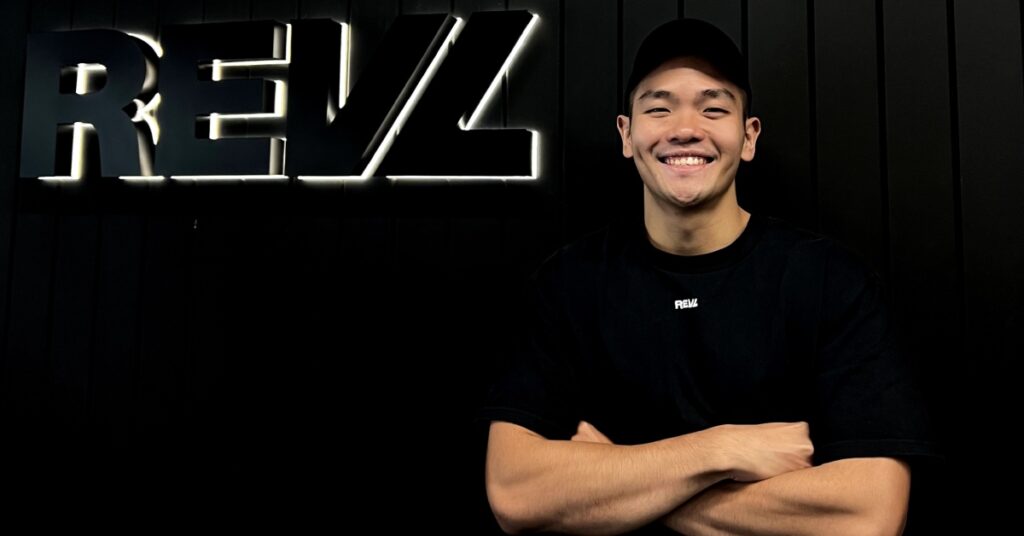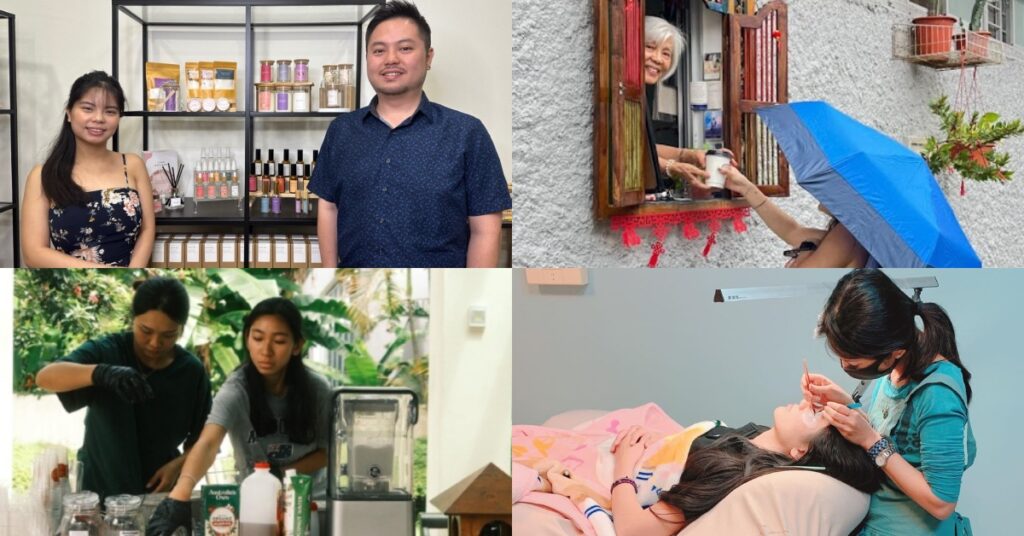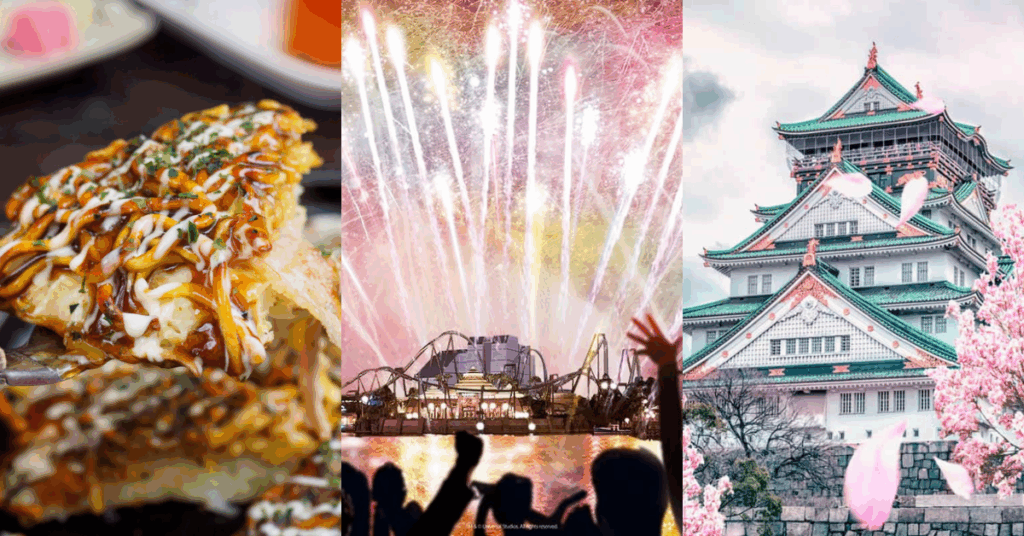Imagine this. You’re sitting behind your desk, your eyes already weary from staring at your screen for ages until the words have begun to blur into minuscule lines. The sound of your stomach rumbling becomes the reminder you needed that it’s lunch time. You take to your usual food takeaway service and wait awhile until the delivery man arrives to hand you your meal wrapped nicely in a little polystyrene box. Except that polystyrene box doesn’t seem as harmless when you realize how damaging it is to our environment.
In fact, it is estimated that for every 10 seconds, approximately 300,000kg of polystyrene food boxes are being disposed into the environment globally. And according to a video by Astro Awani last year, everyday 85 tonnes of polystyrene boxes are used in Malaysia, which in return causes a serious threat to our ecosystem.
(Editor’s note: This paragraph have been updated to insert source of data.)
Unfortunately, majority of food operators prefer the non-biodegradable option when it comes to the packaging of their meals simply due to its advantage with economical cost. This leads to increased amounts of carbon emissions emitted into the ozone layer and exacerbated global warming.
This issue is not new to our society as even prominent celebrities such as Leonardo DiCaprio made it a point in his momentous speech at the Oscars, “Climate change is real, it is happening right now. It is the most urgent threat facing our entire species, and we need to work collectively together and stop procrastinating.”
Saving The Environment, One Box At A Time

In response to this, a group of students from the north side of Malaysia came up with the brilliant idea of combining two key factors: eco-friendly food packaging and advertising. Introducing Foodabox, a social enterprise that provides food operators all across Malaysia the choice to opt for cheaper eco-friendly food boxes as their means for advertising.
This project revolves around the concept of selling advertising spaces on food boxes and using the revenue generated to defray costs. So eco-conscious companies who are seeking to improve their business visibility can consider using Foodabox as they promise to help create a strong brand impression at a very affordable price.

As of today since they started running advertisements from July 2015, Foodabox has managed to avoid the usage of over 150,000 polystyrene boxes and they aim to continue projecting these big numbers as their brand continues to receive more recognition.
The Brains Behind The Box

This project was developed by the great minds of nine students from Universiti Utara Malaysia (UUM)—Dick Lim, Low Huey Theng, Goay Hui Sian, Yap Wei Huan, Woi Keat Yee, Nur Nabilah Mansor, Tan Khai Shi, Tan Wei Chit, Chia June Mun, and Ng Shu Kae. According to Dick Lim, a student of College of Business (COB) UUM, the Foodabox project was invented after they discovered how thousands of polystyrene food containers are disposed in a matter of seconds daily and its direct threat to the environment.
Also Read: Here’s My 1-Day Experience As A Delivery Boy For Logistics Startup Zyllem
“The Foodabox project focuses on creating a sustainable environment by replacing the harmful polystyrene boxes with cheaper eco-friendly food boxes in campus. These boxes are then being sold to the food operators at a very low cost, encouraging more food operator to adopt the environmentally friendly business practices,” he said.

He added that the Foodabox project also helped single mothers who do not work to supply and distribute the bio-degradable food boxes and helped them to generate additional income of up to RM2,000.
“We believe everyone has the potential to make changes in order to build and create a sustainable future for generations to come. After this, through CEDI, we plan to patent our product and make it as a ‘trademark’ of this business,” Dick relayed.
Since its launch, Foodabox has been nominated for a number of awards and was crowned the winner for a Hope Award under Environmental Conservation and Sustainability Category at International Conference for Young Leaders 2015 (ICYL) held at Putra World Trade Centre (PWTC) recently.
Go Green, Be Seen

So now we know how the environmental-friendly part works, what about the advertising part? The secret behind that is the advertising model. Foodabox offers F&B entrepreneurs to advertise on the box to reduce the cost, making it highly affordable as an incentive for food operators to replace the harmful polystyrene boxes with biodegradable ones.

Through the food box advertising concept, the target audiences are able to learn more about the advertisers’ brand in their 30-minute meals and also become aware that the advertisers can be seen as a “Green” ambassador, a socially responsible company that they can continue to support.
They also came up with an alternative advertising method for SMEs as the advertising package for the whole box tends to be rather high. So for SMEs, they can opt to buy a small advertising space on the box and market their brand at a lower cost.

Foodabox is one of the first social enterprises in Malaysia that addresses the environmental degradation situation and hopes to disrupt the unsustainable food packaging industry by offering a better and cheaper alternative. Their next step will be conducting a series of awareness campaigns throughout local universities in a 4-month program at the Malaysian Global Innovation & Creativity Centre (MaGIC).
It’s always exciting to see young blood come up with refreshing ideas and use them to involve our society into implementing more environment-friendly practices in our daily lives. I believe Foodabox has the best intentions and the right concept to bring about a change in our environment so here’s to hoping my next food delivery will be coming in one of their ‘Mother Nature’-approved boxes.
Also Read: He Helmed Foodpanda Malaysia, Now He Runs His Own M’sian Food Delivery Startup
Editor’s note: The original title of this article was “This M’sian Startup Have Saved Over 27k Of Non-Biodegradable Boxes In A Year”; however, it has since been changed to “This M’sian Startup Have Saved Over 150k Of Polystyrene Boxes In A Year” to reflect updated numbers and more specific information as the startup only focuses on saving polystyrene boxes.


